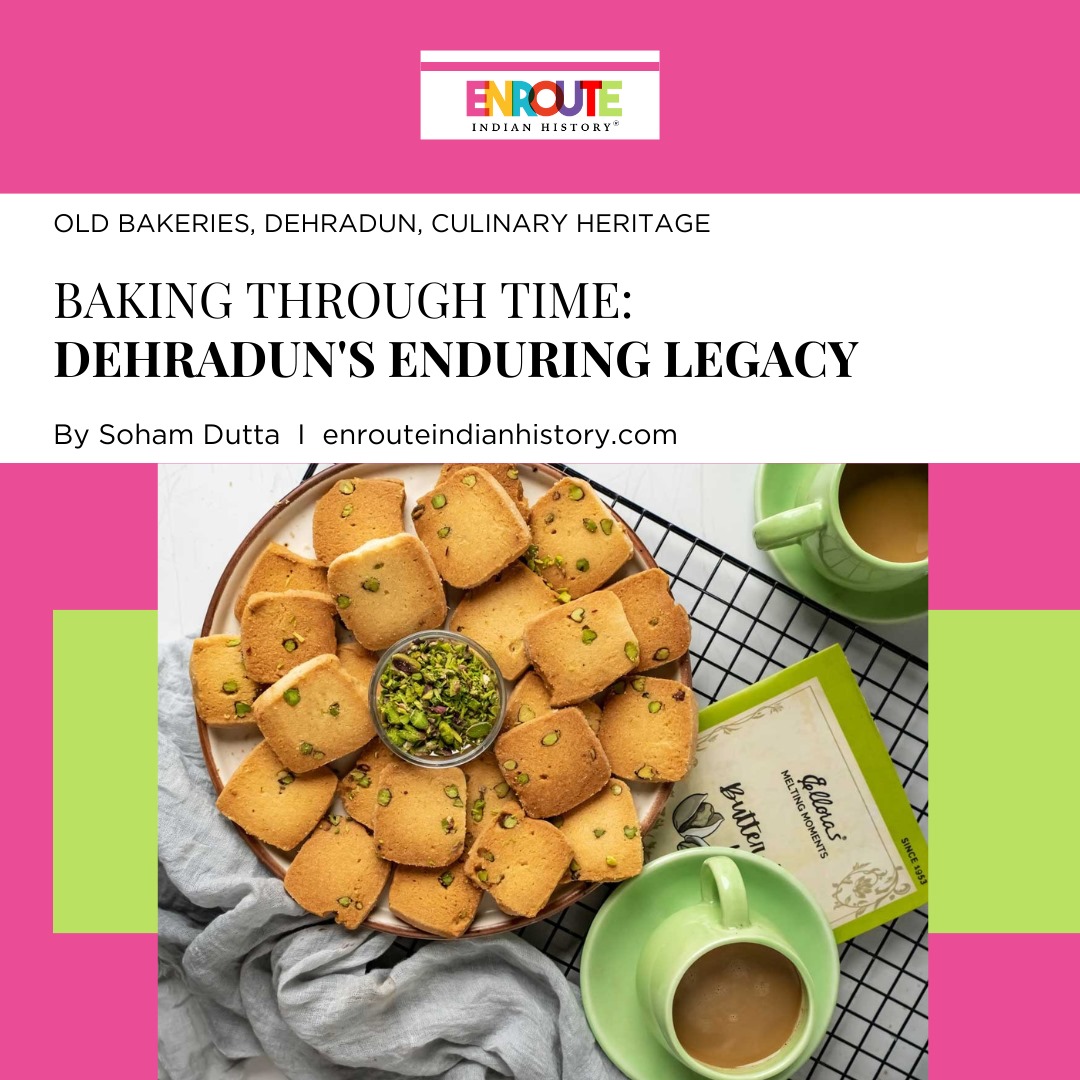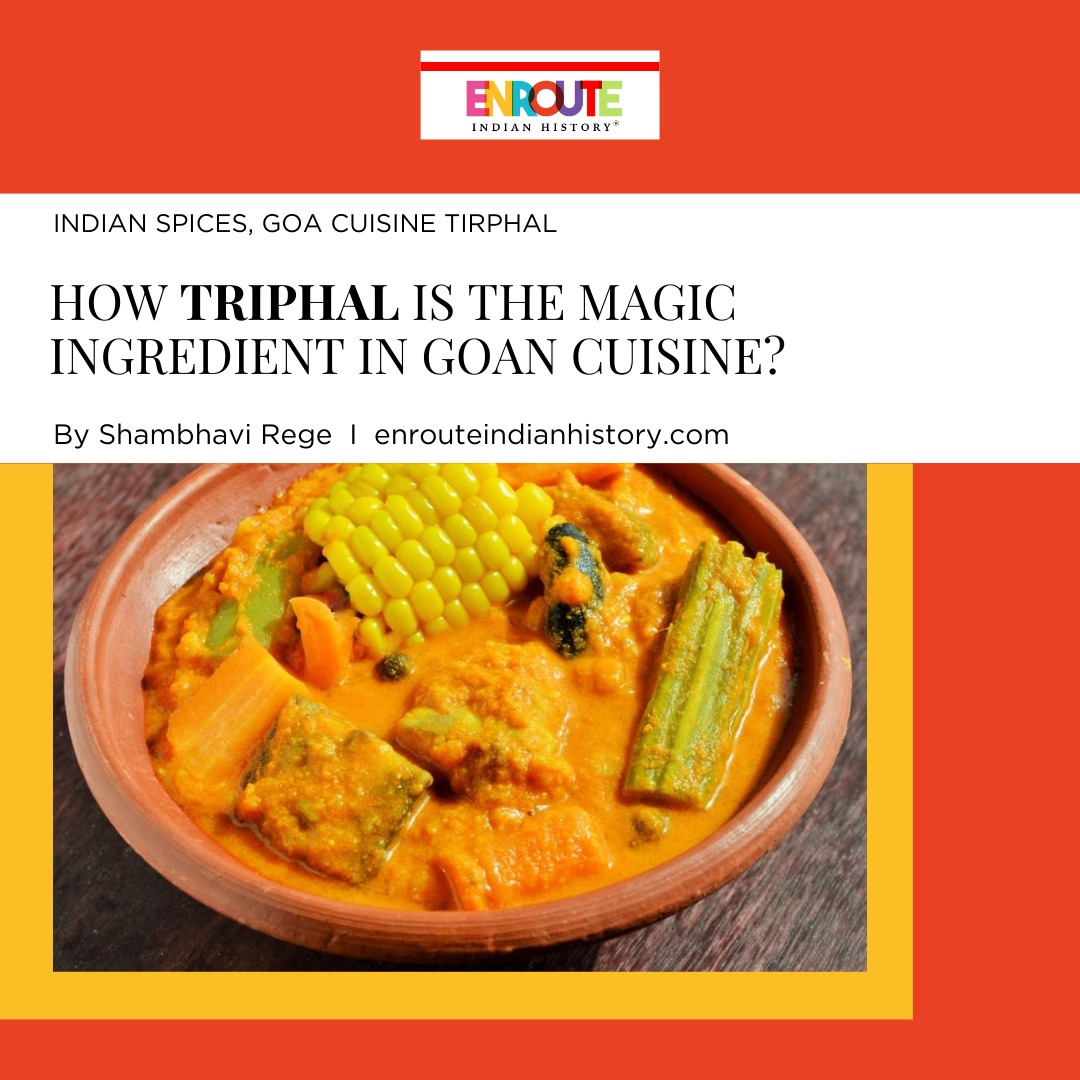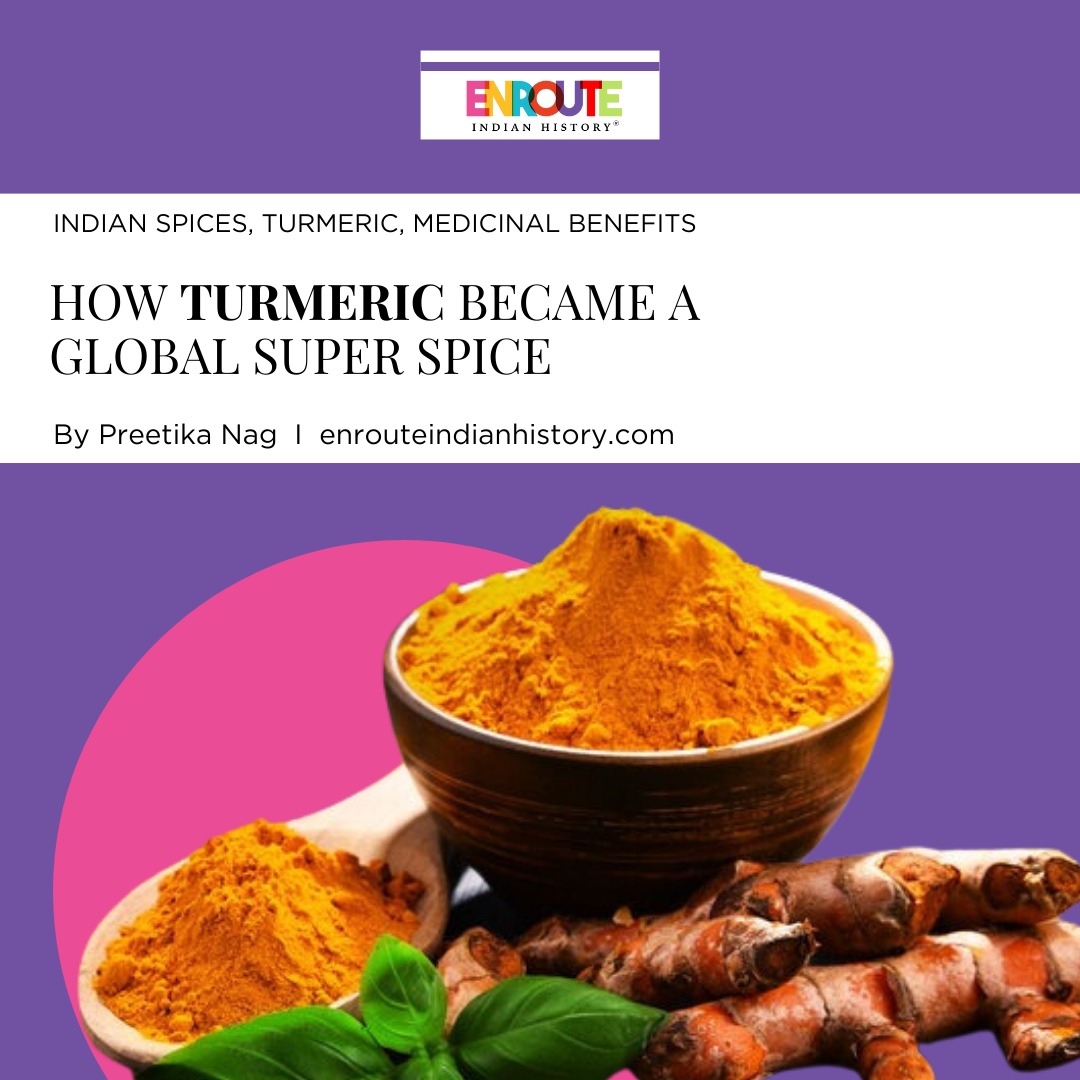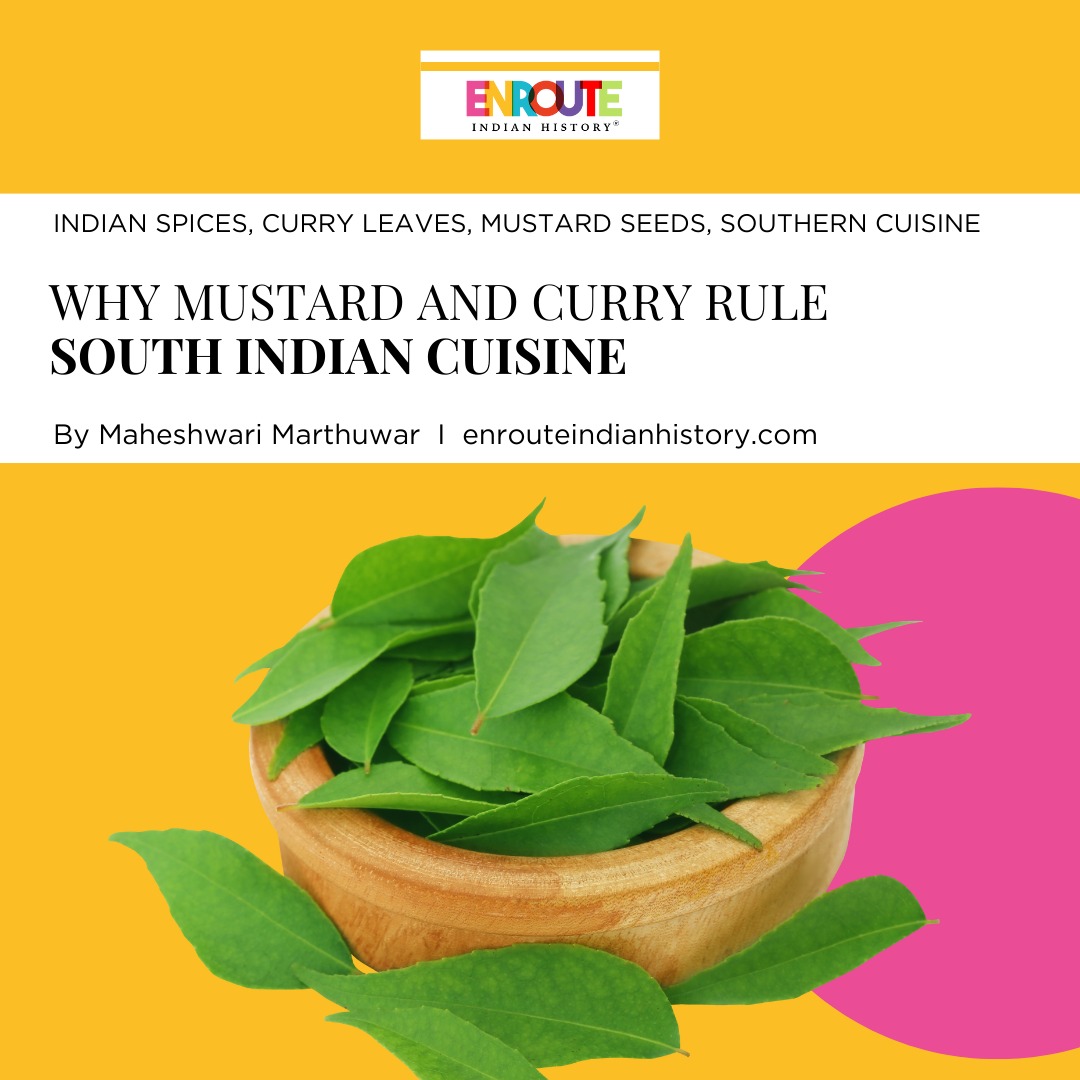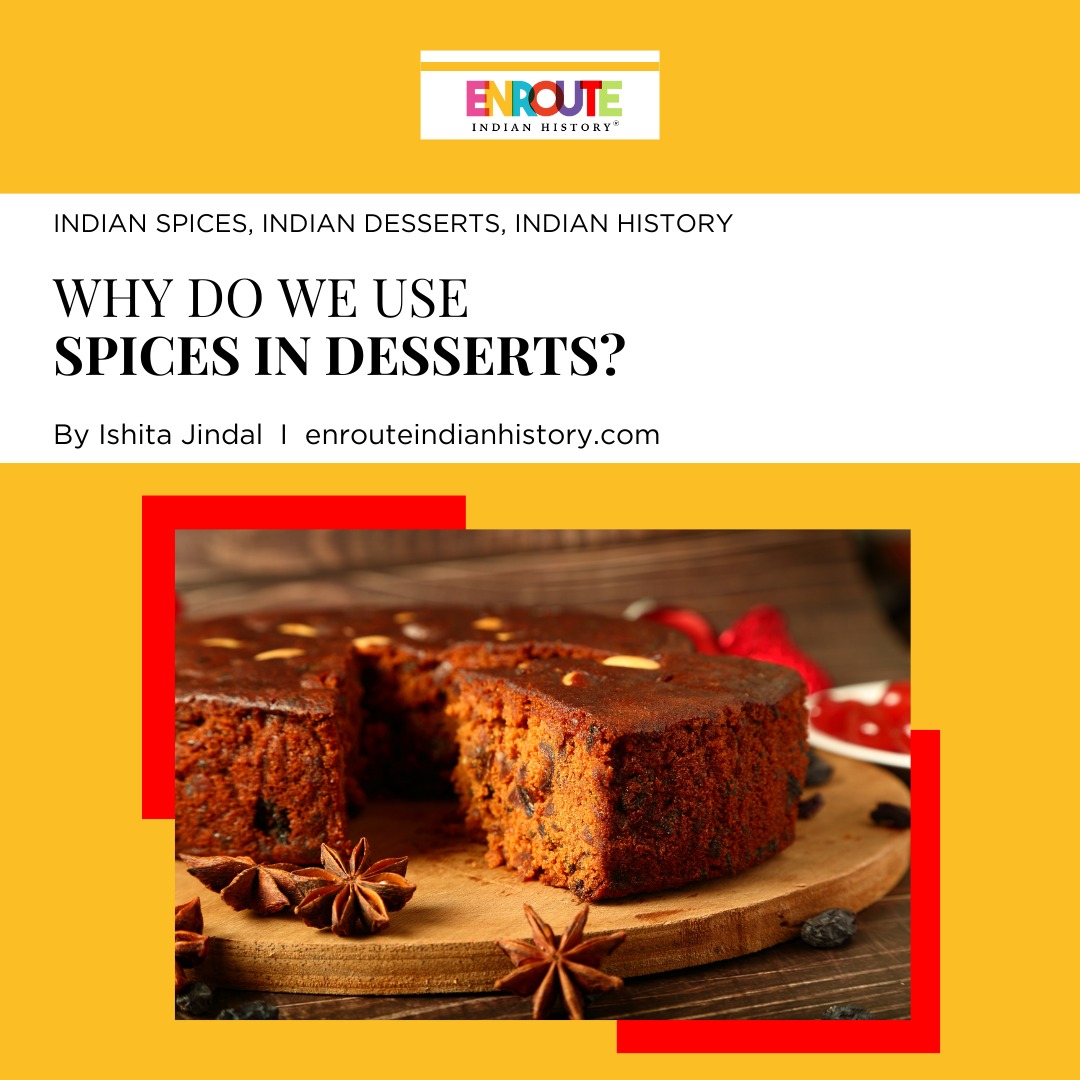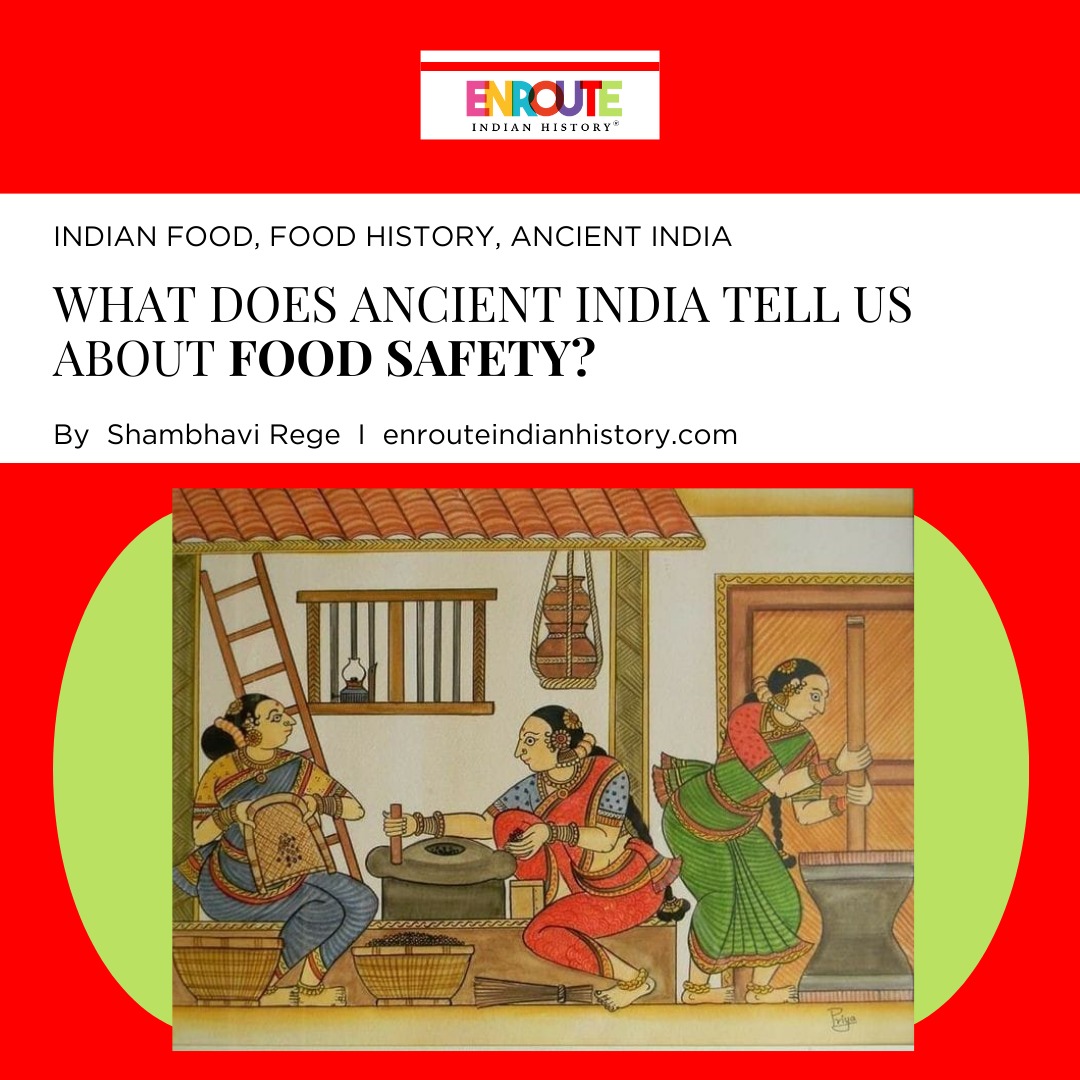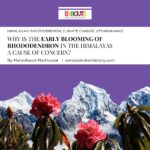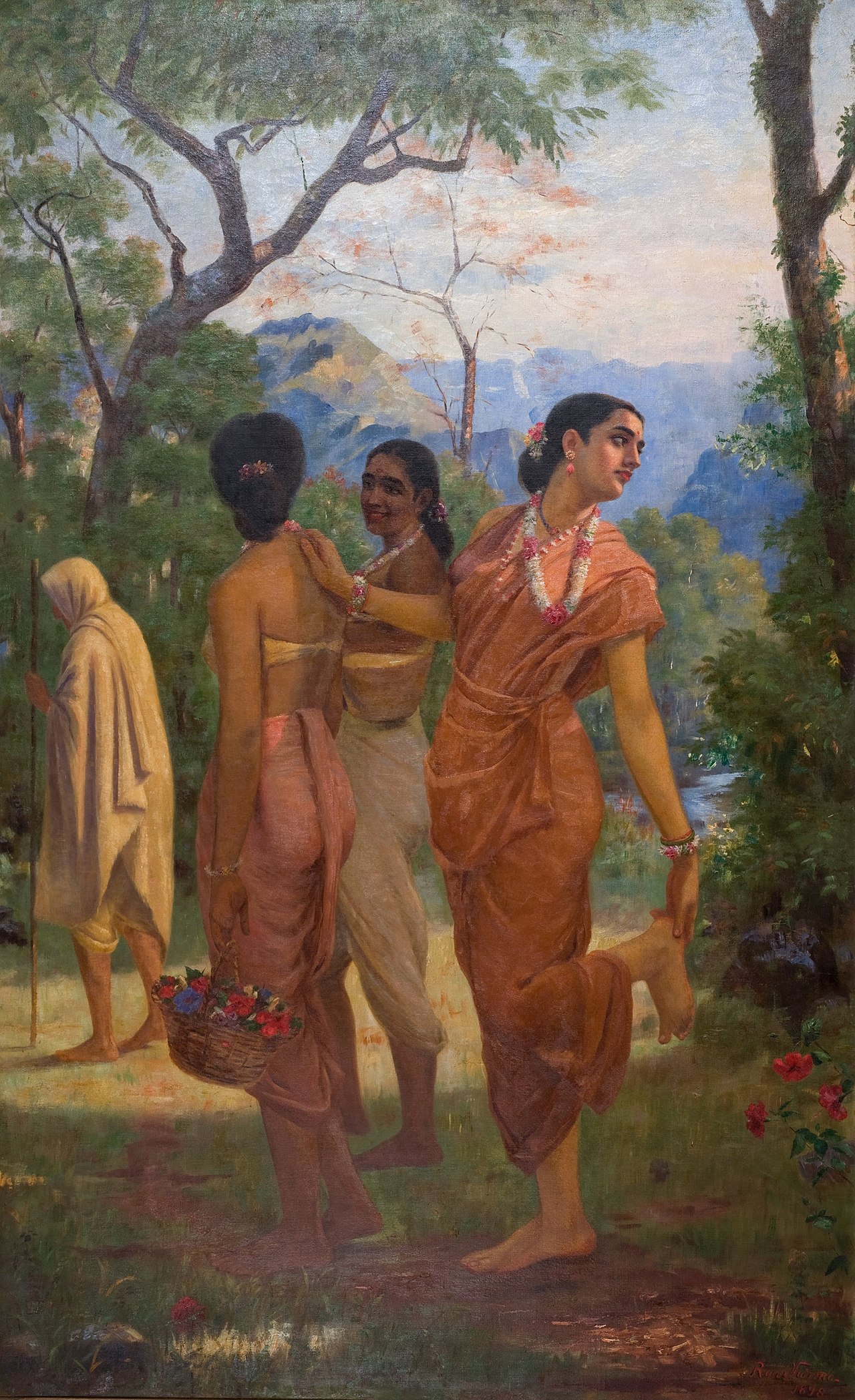Before Ovens Indians Baked Christmas Cakes in Ammunition Boxes
- enrouteI
- December 20, 2023
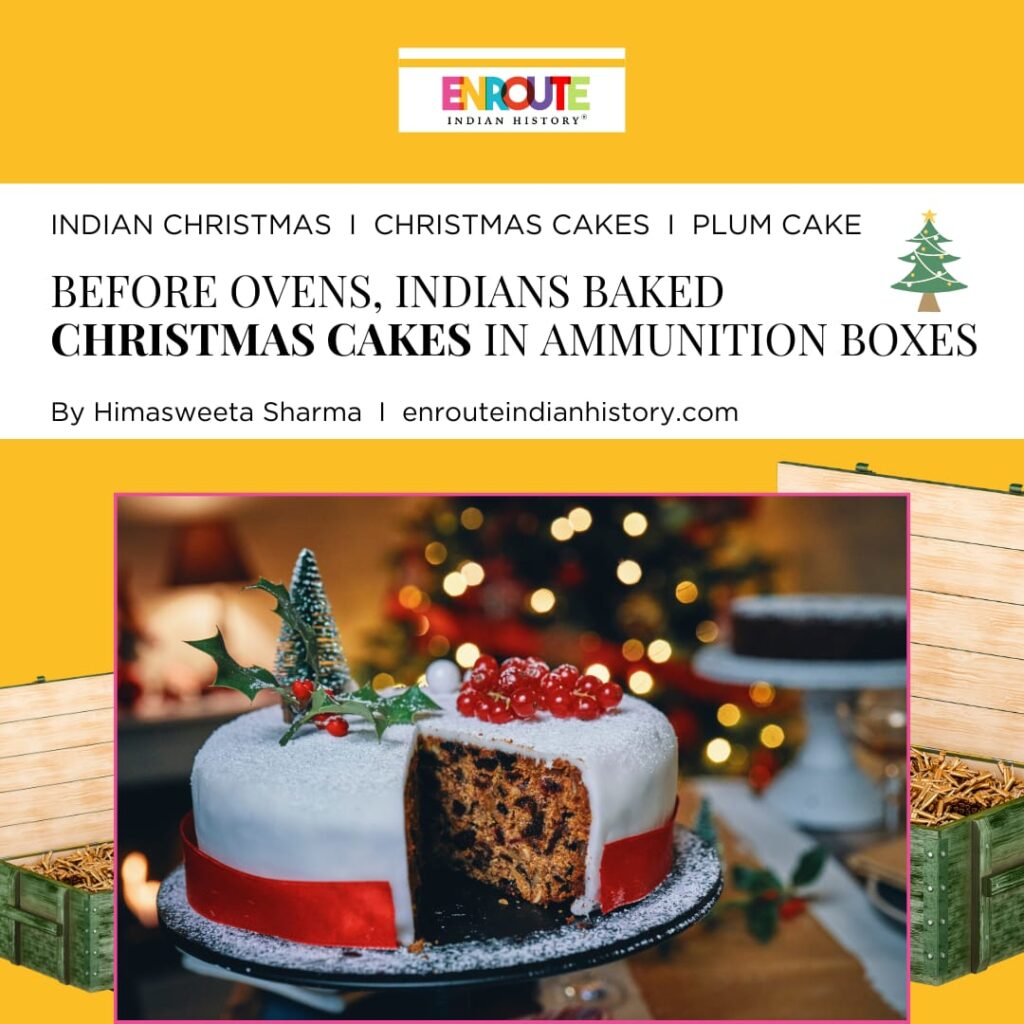
Acting as the source of festive joy and culinary delight, Christmas cakes bring along with them the warm embrace humans seek in the chilly Christmas evening. Carrying the essence of the festive season, biting into a slice of the rich Christmas cake leaves us with an aftertaste of sweetness, nostalgia, and happiness. Beyond satisfying individual palates, the baking process of the Christmas cake in itself serves as a unifying element among family members during the festive season. The aroma of cinnamon and butter draws everyone to the kitchen, the heart of the home, where giggles and laughter are shared over a glass of mulled wine. In India, too, Christmas cakes have become an indispensable part of Christmas celebrations for both Christians and non-Christians alike.

When we think of Christmas, the first thing that comes to mind is cakes. Christmas cakes are an essential part of Christmas celebrations from Kerela to Nagaland (Credits: Debajyoti Chakraborty/NurPhoto via Getty Images)
Over the last 140 years, the infusion of Christmas cakes into the vibrant tapestry of Indian culture has woven an Indian melody for the festive spirit of Christmas. Christmas cakes, which the British first introduced to India in 1883, have since become ingrained in the Indian culture, with each state having its own traditional Christmas cake. From the Vivikam Cake of Puducherry to the Allahabadi Christmas Cake, each of these cakes uniquely embodies a fusion of diverse traditions. Many of India’s best bakeries can trace their roots back to the country’s thriving Christmas cake tradition as well.
HOW DID THE CHRISTMAS CAKE REACH INDIA?
Contributing to the never-ending saga of festive treats, the magic of the Christmas cake was first unfolded by the visionary trader from Kerala, Mambally Bapu. Tellicherry, now called Thalassery, was where Mambally initially established a brick-oven bakery in 1880. After learning the art of biscuit making in Burma, Myanmar, Mambally opened ‘Borma,’ a bakery shop where he sold 40 different types of biscuits, rusks, breads, and buns. He presumably chose the name Burma for the shop as a tribute to the place that taught him the craft of baking.

Murdoch Brown, a British planter in Thalassery, asked Mambally Bapu, the local baker, to taste and bake him the rich plum cake he had brought from England in 1883. (Credits: Tell My Story)
Murdoch Brown, a British planter with a cinnamon plantation nearby, visited Mumbally’s bakery shop a few days before Christmas in 1883, bringing in a rich plum cake from England. Following a 10-minute lesson on how to bake a cake, he asked Mumbally to try the cake and make another one like it for Christmas. Brown also provided Mumbally with a few ingredients, which included dates, raisins, and other dried fruits. He advised Mumbally to use French brandy when making the cake for a better flavour. In contrast, while preparing the cake, Mumbally made the decision to infuse it with Indian flavours. He obtained the mould to bake from a blacksmith in Dharmadam, Kerala, and used spices such as cinnamon, nutmeg, and cloves in the batter. He also mixed in arrack, a Keralian brew made with cashews, apples, and bananas. After tasting the special Indianized Christmas Cake, Brown deemed it to be “excellent” and stated that it was among the very best cakes he had ever had the pleasure of tasting. The Mambally Royal Biscuit Factory has been in operation since then and is the country’s oldest operational bakery to date.
The spread of Christianity by East India Company officers and Christian missionaries laid the groundwork for the incorporation of Christmas celebrations into the cultural fabric of converted households. As Christianity gained popularity, the tradition of Christmas cakes evolved into an integral and cherished component of the festive occasion. Subsequently, Christmas cakes transcended religious boundaries and garnered widespread popularity on account of their unique amalgamation of Indian and English flavours. Christmas cakes became a symbol of celebration for Christmas across the country.

The winner of the 49th Inter-Ward Christmas Cake Race held in 2022 was felicitated. (Credits: Mokokchung Times)
Even in the Christian state of Nagaland, the popularity of Christmas cake was not different from that of other states of the country. Women in Nagaland baked Christmas cakes in abandoned ammunition boxes left behind by British troops in the villages in the 1950s and 1960s. These boxes were ideal for baking the Christmas cake because they were airtight, kept heat well, and fit perfectly over the wood fire. The women controlled the temperature of the wood fire by sitting in front of it and constantly stoking it until it was reduced to embers. Christian missionaries who settled in Nagaland in the nineteenth century provided special training in baking cakes to the daughters and mothers of Naga families. It quickly became a tradition among Naga families to pass down the art of making Christmas cakes from mother to daughter, with each family having their own Christmas cake legacy associated with their ancestors. Electric ovens eventually took the place of the brick oven, and the ammunition boxes entered Nagaland’s history. Mokokchung, the district where Nagaland’s first church was established, has held and continues to hold the ‘Inter-Ward Christmas Cake Race’ where Christmas cakes are offered as prizes to the winners of the marathon race.
INDIGENIZATION OF CHRISTMAS CAKES
Adopting the spirit of cross-cultural fusion, Christmas cakes went through the process of indigenization by Mumbally, and since then, each region has created its own version of Christmas cakes that beautifully combine regional tastes with the classic Christmas plum cake. These Christmas cakes, along with Indian Christmas snacks and desserts, represent a harmonious celebration of both global and indigenous culinary traditions. A culinary masterpiece, the Allahabadi Christmas Cake is one of the most well-known Indian Christmas cakes that evokes a sense of merriment with its rich blend of flavours. First made by the Anglo-Indian community residing in present-day Prayagraj, the Allahabadi Christmas Cake touches the chord of every Indian’s heart with its generous usage of murabba (marmalade), petha (soft candy made from ash-gourd/white pumpkin), and ghee (clarified butter). This cake also contains a significant quantity of dry fruits and almonds that have been soaked in rum, which contributes to its traditional English flavour.

The Allahabadi Cake is a desi twist to the Christmas Cake by adding murabba, ghee, and petha. (Credits: Slurrp)
Similarly, the Goan Christmas Cake speaks of the rich cultural exchange between Portuguese and Indian cultures. The Goan Christmas Cake is typically served with a scoop of ice cream and red berries and is made with coconut shavings, homemade butter, and semolina. On the Indian Christmas cake list, Puducherry’s Vivikam Cake is another luxurious delicacy. What makes this cake unique is the generous amount of wine used in the cake, particularly rum or brandy, as well as the toppings of rum-soaked orange peels. Locals also believe that the cake does not spoil for weeks. With the addition of cinnamon, nutmeg, and ginger, Mumbally was the first person to make Kerala’s fruit cake, which is now considered to be one of the most famous Indian Christmas cakes. In addition, the flavours of the Christmas cake that is baked by the Parsi community in India stand out for their depth and complexity. The Parsi cake is cut in between to make space for a thick layer of cream mixed with candied ginger, orange peels, and cherries soaked in rum. A number of Indian vegetarian households also bake eggless Christmas plum cake in order to enjoy the festival without compromising their dietary habits.

Kerala’s Achappam Rose Cookies are a deep-fried sweet made from rice flour. (Credits: Curly Tales)
There is more to the story of Indian Christmas than just Christmas cakes as the final chapter. Indian Christmas snacks and desserts are an essential component of the festivities that take place in the country. A part of the Goan Christmas platter called Kuswar, Nevreos are crescent-shaped crispy sweet puffs with a filling of coconut shavings, semolina, and cardamon. During the holiday season, people in Kerala enjoy eating Avalose Unda, which is a Sryian snack consisting of balls made with rice and laddo. Kerala’s Achappam Rose Cookies are a deep-fried sweet made from rice flour that are famous for their rose shape. Kulkuls are shell-shaped Goan Christmas snacks inspired by Portuguese Filhoses Enroladas. Ariselu is a popular Christmas dessert in South Indian states such as Andhra Pradesh and Tamil Nadu, and it is made with jaggery syrup, rice flour, ghee, cardamom, and sesame seeds.
THE OLDEST AND MOST FAMOUS BAKERIES IN INDIA
India is home to some of the best bakeries in the world, where traditional methods are combined with modern techniques to produce a variety of mouth-watering cakes. These establishments, found in both large cities and small towns, set new standards for culinary artistry around the world, making India a paradise for cake lovers. Nahoum & Sons in Kolkata is one of India’s oldest bakeries, founded by Nahoum Israel Mordecai in 1916, a member of the Baghdadi Jewish community who brought their culture and baking method to India. The bakery is well-known for combining Western sweets like brownies and cream puffs with Jewish delicacies like challah bread and baklava.
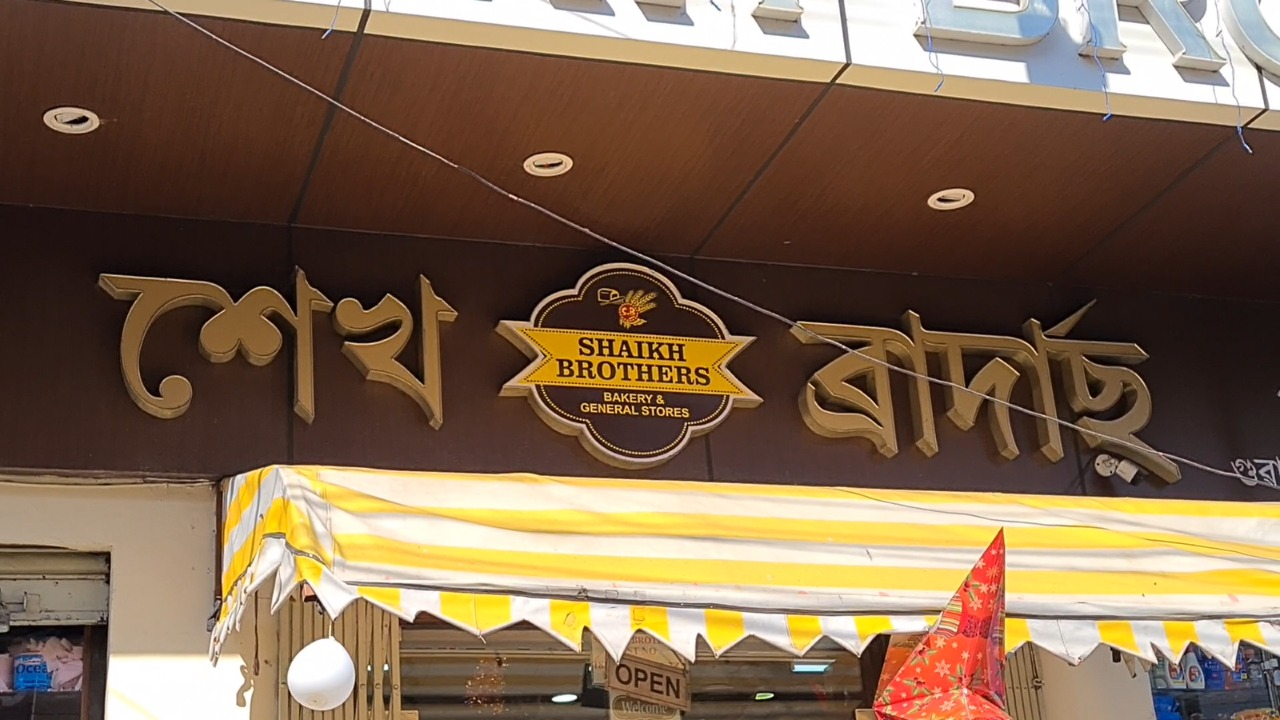
Shaikh Brothers, located in Guwahati, Assam, have been serving cakes to the people of Assam since 1885 (Credits: Awaz the Voice
Shaikh Brothers, founded in 1885 in Guwahati, Assam, has had a profound impact on the state’s culinary heritage. Shaikh Ghulam Ibrahim traced his roots back to Mirzapur Street in Kolkata and visited Assam as part of his construction business for the Guwahati-Shillong Road. His eyes were drawn to the rapidly growing population in Britain, and he realised that a baking business would be lucrative in this location. In 1885, he and his brother, Shaikh Sobiruddin, expanded their family bakery from Kolkata to Guwahati. Since then, Shaikh Brothers has provided some of the finest bakery goods not only to the city of Guwahati but also to the entire state of Assam. In the same year, Ponnuswamy Naicker established Smith Field Bakery in Chennai, which is a beloved bakery shop in the city. Without mentioning Delhi’s famous Wenger’s Bakery, which was once a popular wedding destination for the people of Delhi, the list of famous bakeries would be incomplete. This bakery is a go-to place for lovers of cakes, pastries, and waffles.
From snacks to desserts to cakes, Indian Christmas offers its very own unique Christmas treats.
REFERENCES
- Cookpad. (2021). Eggless plum cake Recipe by Gunjan’s Kitchen. [online] Available at: https://cookpad.com/in/recipes/14579454-eggless-plum-cake.
- recipes.timesofindia.com. (n.d.). 7 Indian cakes which are perfect for Christmas. [online] Available at: https://recipes.timesofindia.com/web-stories/7-indian-cakes-which-are-perfect-for-christmas/photostory/96052639.cms
- Ray, D. (2022). History on a plate: How a Kerala trader became the first Indian to bake a cake. The Economic Times. [online] 25 Dec. Available at: https://economictimes.indiatimes.com/magazines/panache/history-on-a-plate-how-a-kerala-trader-became-the-first-indian-to-bake-a-cake/articleshow/96493555.cms
- Gupta, S. (2022). The Many Ways of Celebrating an Indian Christmas. [online] New Lines Magazine. Available at: https://newlinesmag.com/reportage/the-many-ways-of-celebrating-an-indian-christmas/.
- PTI (2023). Mokokchung to hold 50th Inter-ward Christmas Cake Race on 23rd Dec. [online] Nagaland Tribune. Available at: https://nagalandtribune.in/mokokchung-to-hold-50th-inter-ward-christmas-cake-race-on-23rd-dec/
- IndiaTimes. (2019). 5 Gorgeous Indian Christmas Cakes That You Need To Try! [online] Available at: https://www.indiatimes.com/lifestyle/5-gorgeous-indian-christmas-cakes-that-celebrate-our-true-desi-selves-501985.html
- Shenoy, S. (2020). Not Plum Cake Or Eggnog, These Are 7 Traditional Christmas Desserts From India. [online] Curly Tales. Available at: https://curlytales.com/not-plum-cake-or-eggnog-these-are-7-traditional-christmas-desserts-from-india/
- Atlas Obscura. (n.d.). Nahoum and Sons. [online] Available at: https://www.atlasobscura.com/places/nahoum-sons-kolkata-jewish-bakery#:~:text=In%201902%2C%20he%20began%20selling
- Ghosh, S. (2022). A list of India’s oldest bakeries serving cake with a side of warmth, love and history. [online] www.indiafoodnetwork.in. Available at: https://www.indiafoodnetwork.in/foodstory/food-drink-listings-food-stories/a-list-of-indias-oldest-bakeries-serving-cake-with-a-side-of-warmth-love-and-history-807788


